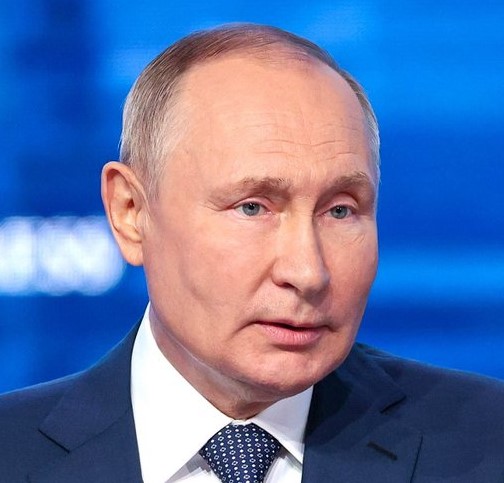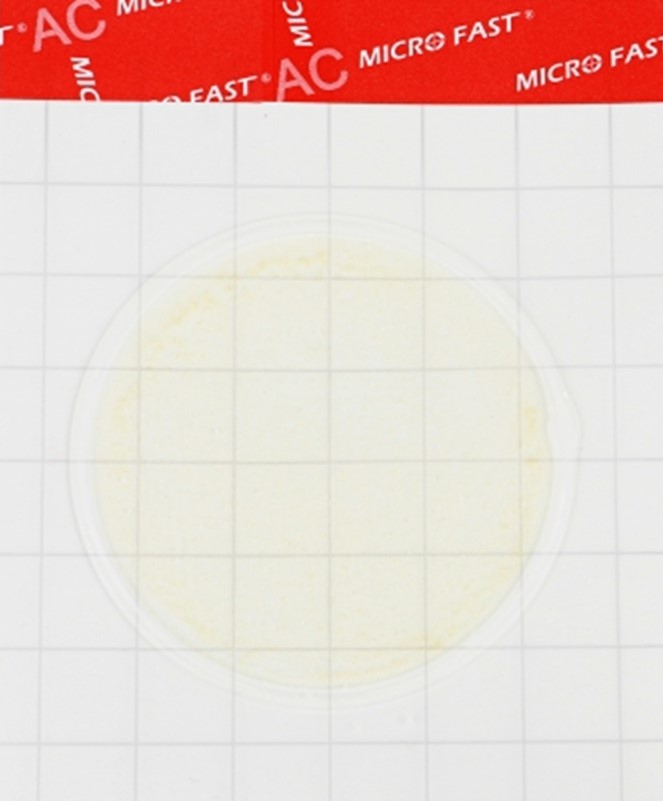Putin Allows Payments from Type C Accounts to “Pseudo-Non-Residents”
Residents and companies controlled by residents will be able to receive payments on securities of Russian issuers credited to type C accounts, according to a decree signed on March 19 by President Vladimir Putin.
The document concerns transfers from type C accounts that were opened with a foreign nominal holder or payment agent. This applies to money credited before March 19, 2024 (the date the new decree comes into force). They can be received by:
- Russian residents;
- foreign companies that are under the control of Russian legal entities or individuals and that have disclosed the structure of such ownership to Russian tax authorities;
- a number of other organizations listed in the previously published Decree No. 738: the Asian Infrastructure Investment Bank, the International Bank for Economic Cooperation, the International Investment Bank, the New Development Bank, and the Russian-Kyrgyz Development Fund.
It is possible to receive from accounts C only those payments that are somehow related to Russian companies, follows from the decree. In particular, this concerns payments for:
- shares of Russian companies, OFZs and bonds of Russian issuers, the centralized registration of rights to which is carried out by a Russian depository;
- securities certifying rights to Russian shares (depositary receipts);
- Eurobonds that are associated with the obligations of a Russian legal entity.
The decree establishes certain restrictions depending on the timing of the acquisition of securities. Thus, for securities acquired before March 1, 2022, no additional requirements are imposed. If the securities were acquired after March 1, 2022, then the chain of ownership should not include persons from unfriendly states, except for those under the control of Russians.
Why do you need type C accounts?
The C-type account regime was introduced in March 2022 by presidential decree as part of retaliatory measures against Western sanctions . These accounts are needed to transfer payments on securities of Russian issuers that are owned by foreigners.
At the same time, it is impossible to withdraw money from type C accounts without special permission from the government commission. Funds from them can be used for mandatory payments - for example, fees for maintaining these accounts, taxes, fines, and others.
Digital MBA: Management in the Digital Age
The online course will help you improve your leadership and
digital skills.
Payments will be made in rubles at the exchange rate of the Bank of Russia on the day of the corresponding payment. To receive them, "the owner of securities has the right to send to the Russian depository or the debtor on Eurobonds who transferred funds to the type C account of a foreign nominal holder or foreign payment agent, an application for making payments on securities indicating the details of his bank account opened in rubles," the decree says.
The application must be accompanied by documents confirming such requirements . The list of documents, as well as the information that must be contained in the application, will be approved by the Bank of Russia. After the clarification is published, holders will have 60 days to send an application for payments, the decree notes. The depository or debtor for bonds must review the application no later than 31 days and make a decision on payments. After that, within two days, the depository or debtor sends a notice to the foreign nominal holder or paying agent and waits for reasoned objections from them within ten days. If they are not received, the depository or debtor sends an instruction to the bank to make payments from a type C account.
The depository or debtor may refuse payments from type C accounts if:
- the amount indicated in the holder’s application is higher than that intended for these securities and transferred to type C accounts;
- the depository or debtor doubts the completeness or accuracy of the information about the securities provided by the holder.
Lawyers interviewed by RBC explained that the decree is aimed at those Russian investors whose funds, for one reason or another, were blocked in type C accounts. They could not receive payments on securities in rubles in accordance with the previously published procedure.
Residents could end up with blocked money in type C accounts in two cases, notes lawyer Gleb Boyko of the NSP law firm. "Firstly, if a Russian investor held Russian securities in a foreign infrastructure. [In this case] the funds belonging to them were credited to type C depository accounts opened for foreign nominal holders. It was possible to unblock such money before, but now the situation has become simpler," the expert explains.
The Board of Directors of the Bank of Russia made separate decisions that established special procedures for paying income on securities recorded through foreign depositories or foreign nominee holders in order to avoid “blocking” residents, but they did not always work, adds Verba Legal Senior Lawyer Alexander Koloskov. “For example, some foreign depositories had accounts opened in Russian depositories long before the legislative provisions on accounts of foreign nominee holders came into force, as a result of which Russian depositories formally considered the accounts of such foreign depositories as “owner” accounts, as a result of which the Central Bank’s decisions were inapplicable,” the expert explains.
Secondly, if the Russian issuer continued to transfer money to the payment agent (for example, a foreign bank for settlements on Eurobonds), without using other methods of settlements established in accordance with presidential decree No. 430, then these payments were also blocked in type C accounts, Boyko continues. It was impossible to get this money, the expert points out. He estimates the volume of such funds as significant.
The Bank of Russia did not disclose the volume of funds in type C accounts that were accounted for by “pseudo-non-residents”. In total, as of the end of March 2023 (the latest available data from the Central Bank), the total volume of liquid funds in such accounts was estimated (.pdf) at 500 billion rubles.
The new decree solves the problem when the holder of the securities was an unfriendly foreign person, and the real beneficiary was a Russian company or a company controlled by it, confirms Roman Suslov, senior lawyer at the KIAP law firm. "Formally, account C was still opened for payments in favor of such persons, from which funds were written off only on a closed list of grounds. Now, the final Russian investors are allowed to show documents confirming their status as owners and unfreeze the accumulated money in their favor," the expert explains.
Sergey Tarasevich, a lawyer in the tax and administrative law practice at Maxima Legal, also says that the new decree will unblock residents' frozen payments. "In fact, these are funds that are in Russia and that should ultimately be transferred to residents, but they cannot be transferred to them because they are frozen in type C accounts. A situation arose in which residents suffered because of the measures taken in response to Western sanctions," the expert notes.
It appears that this procedure was introduced in order to restore the rights of Russian individuals who suffered from sanctions and counter-sanctions measures, since there have already been cases of filing lawsuits aimed at restoring the rights of residents who found themselves in such a situation, says Valeria Zibareva, a lawyer at the firm Tomashevskaya and Partners.
Is the new decree related to the upcoming asset swap?In March 2024, preparations began for the exchange of assets with foreign investors. The exchange mechanism implies that foreign investors will be able to buy foreign securities from Russians for money from type C accounts. The new presidential decree actually implies the withdrawal of part of the money from these accounts, but only payments to Russians, whose participation in the exchange as buyers is not implied.
The processes of unfreezing funds of residents under the new decree and the exchange of assets between non-residents and residents influence each other, but are not causally related; it is rather a question of the efficiency of calculations, Suslov argues.
It is unlikely that the new decree is connected with the upcoming asset exchange, agrees Boyko. The document eliminates the existing shortcomings of Russian counter-sanction regulation, he notes. "At the same time, it is important to note that the funds blocked in the Euroclear Bank type C account at the NSD, in accordance with the provisions of the new decree, will be used to make payments under the previously issued presidential decree No. 665 (which provided for payments to Russians from type I accounts, where payments to foreigners on Russian Eurobonds are received), which will speed up payments under this decree within the existing queues," Boyko believes.





























































